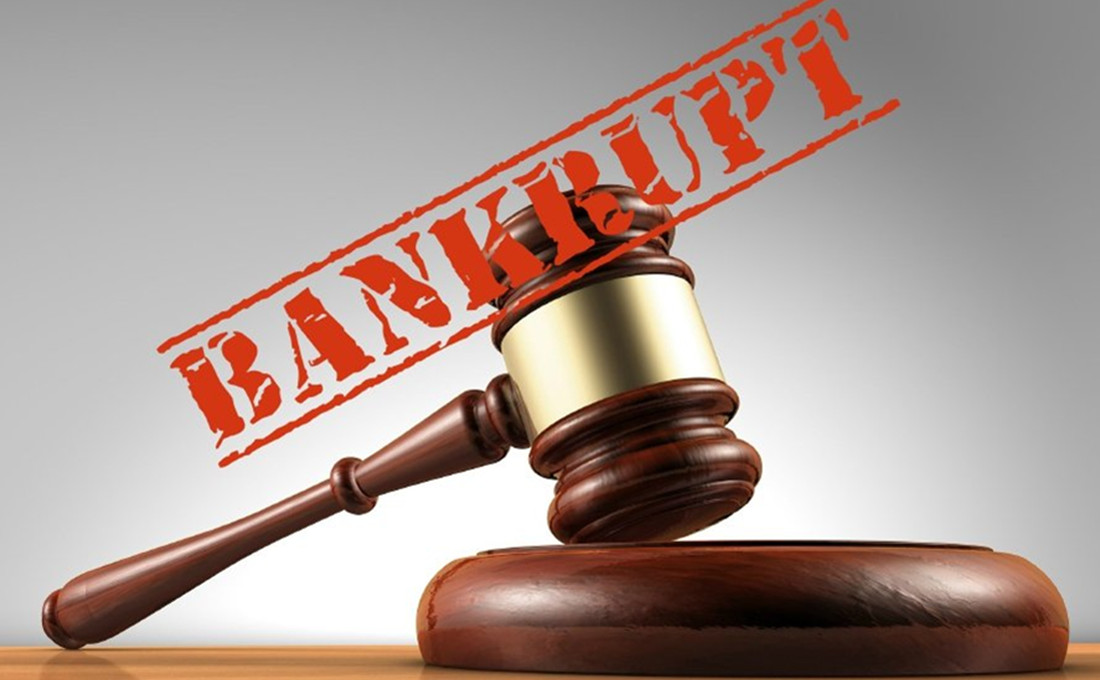A debt collector is a term used to describe an individual or company that collects debts for another. Debt collectors are often hired by creditors, such as banks and credit card companies, who have accounts receivable from customers. The debt collection process usually involves the creditor sending out letters requesting payment of the account balance; if this fails, it may include calling the debtor on the phone.
How do Debt Collectors Work?
A typical debt collector will first contact you through mail or telephone calls. They might also visit your home or place of business. A debt collector must provide specific details about themselves before starting working with you: their name, address, and phone number. This information should be printed clearly on any correspondence sent to you. You should not pay them until after receiving proof that they are authorized to act on behalf of the original creditor. In addition, the debt collector cannot threaten criminal prosecution unless there is evidence that the person owes the debt. It’s illegal under federal law for a debt collector to use false representations when attempting to collect a debt.

What Are Some Common Types Of Debt Collector Activities?
There are many different types of activities performed by debt collectors. These include:
• Telephone Calls – Debt collectors sometimes call people directly to get them to pay off their bills. Sometimes these calls come from telemarketers trying to sell products or services. Other times, debt collectors call because someone has already agreed to pay off the bill. When making these calls, debt collectors need to follow some rules set forth by the Federal Trade Commission.
• Letters & Postcards – Debt collectors sometimes write letters asking for payments. Usually, these letters contain statements like “We’ve been notified that you haven’t paid us back.” However, debt collectors aren’t allowed to say anything negative about your character or reputation. Instead, they must only state facts related to the debt.
• Mailing Notices – Many creditors have started sending out monthly billing reminders via emails. Although this type of communication isn’t considered harassment per se, it does violate several laws.
conclusion
When dealing with debt collectors, remember to always keep in mind what kind of relationship you want to establish with them. Make sure you know how much time each party needs to complete its job. Also, make sure you understand precisely why the other party wants to talk to you. Finally, don’t give up too quickly! There are ways around most problems, so stay calm and think things over carefully.





